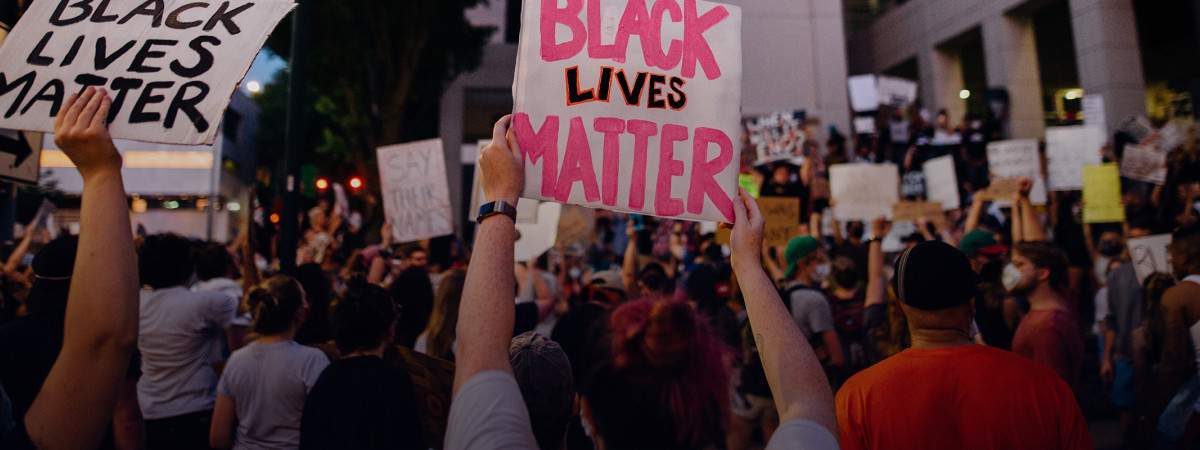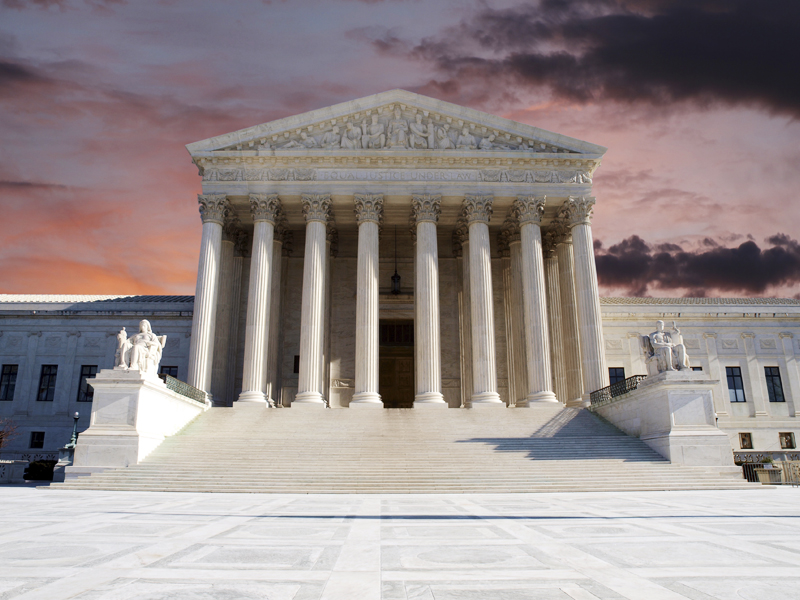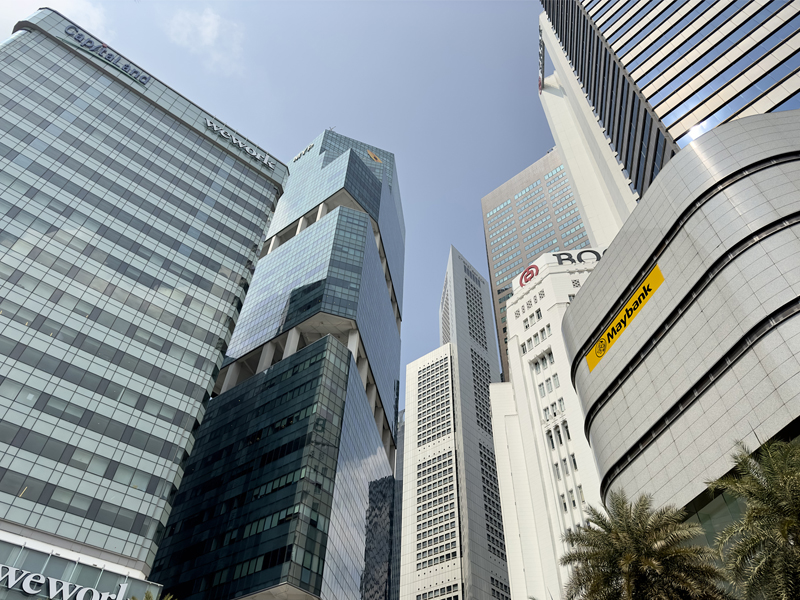
Authors
-
L. Simone Washington
Former Director of Diversity, Equity, and Inclusion, BSR
I have a very simple professional philosophy: No one voice should be louder than the other. No one hand should control every action. No one perspective encompasses everyone’s reality. No one body should take up all the space. We all add value, and we all belong. I am excited to bring this philosophy to BSR as Director of Diversity, Equity, and Inclusion (DEI) and to further our mission to build a more just world.
In my nearly 20-year career, I have had the honor and privilege of working with people from a wide array of backgrounds and experiences—ranging from the deepest of grassroots to the highest levels of government—across a wide spectrum of social justice issues as a funder, advocate, and strategist. Most recently, I have worked with companies to help reimagine their DEI strategies to center equity, a key component of social justice.
Companies are powerful stakeholders that have the ability to help shape a more inclusive world in which all people have fair access to opportunities and the ability to participate in activities to better their lives.
I believe that companies are in a unique position to drive broad impacts that extend well beyond their HR and supply chain operations. In fact, companies are powerful stakeholders that have the ability to help shape a more inclusive world in which all people have fair access to opportunities and the ability to participate in activities to better their lives. To achieve this, companies should keep the following four things in mind:
1. It’s not about outputs. It’s about impact.
To start, we need a radical shift in mindset and vision for how business can be levers for positive social change. This includes stretching beyond a focus on traditional KPIs and diversity metrics, which are normally shorter-term quantitative measures, and instead going deeper by looking at quality or effect of these efforts over a stretch of time.
I like to think of it as the big ‘so what?’ question. This means that businesses should be more intentional about how they are setting DEI targets and see them not as mere transactions but as opportunities to create meaningful transformation, both within the business and at the community level.
2. Companies are not independent actors. They are community stakeholders.
Setting and achieving big, bold, transformative DEI goals is not an insular endeavor; it creates ripple effects outside of a company’s day-to-day operations. The business sector must be willing to see itself as a co-conspirator in the pursuit of social justice and inclusion alongside other anchor institutions such as government, NGOs, and academia.
More importantly, companies need robust community engagement strategies that proactively seek to engage and build relationships with—not just include—the oft-forgotten voices of marginalized frontline communities. Such communities often lack power and influence but are rich with insight, ideas, and data steeped in lived experience. Their direct participation can provide businesses with information about issues relevant to their quality of life, help to identify and remove barriers to opportunity and accessing resources, and establish an added layer of external accountability.
BSR’s approach to helping businesses advance their understanding of DEI is one that will also inform how we engage with our member companies and partner agencies.
3. Aim to learn rather than to lead.
Becoming an equitable and inclusive business is an iterative process that requires a commitment to learning and a willingness to grapple with the uncertain. Unlike many other business operations, DEI is about shifting behaviors, which is an adaptive challenge where there are no one-size-fits-all approaches. Company leadership should dedicate time and resources to develop and refine a shared vision for action with stakeholders at all levels, test strategies to determine what works best given their unique set of circumstances, and understand that there are no quick fixes—changing a company’s culture takes time and requires constant experimentation.
Additionally, because it is about systems change, DEI is an area that requires collaboration over competition. Business leaders have an opportunity to establish a community of practice in which they can engage in peer-to-peer learning, have a safe environment for sharing challenges, and most importantly examine ways in which DEI can drive innovation for the sector.
4. DEI is not an add-on function. It’s a lens through which business operates.
Lastly, DEI is more than a set of aligned strategies within a company’s HR, supply chain, and corporate philanthropy departments. It is a philosophy that permeates throughout a company’s business operations and is a way to actualize its stated values.
A strong DEI plan enables a company to apply a critical lens to its policies, practices, and programs and to identify how it can be more inclusive and create opportunities for those who are systematically marginalized. It also means reimagining the power of business to drive systemic change and meet the needs of society’s most vulnerable.
The BSR approach
I am a strong adherent of modeling the behavior that we wish to see from others. BSR’s approach to helping businesses advance their understanding of DEI is one that will also inform how we engage with our member companies and partner agencies.
We see ourselves as part of a larger ecosystem of actors seeking to create a world in which everyone—regardless of identity or background—is afforded the opportunity to equal participation in all aspects of life, has fair access to resources, and can be assured that systems are operating in ways that improve the quality of life for all, and not a select few.
BSR believes that to achieve this, we must prioritize the needs and voices of those who have been and continue to be subject to marginalization and exclusion. Anchored by this belief, our DEI offerings will take on an “equity-first” approach that embodies all the above-mentioned precepts.
I will admit that this vision for BSR’s DEI work is ambitious and will at time feel fraught with discomfort and chaos. But DEI is a tool for disruption, and it is in the commotion that magic emerges. I look forward to pushing us beyond our comfort zones and tapping into that most radical part of our collective imagination—the part that sees a ‘just world’ as more than a mere aspiration, but as a reality that BSR is shaping.
Topics
Let’s talk about how BSR can help you to transform your business and achieve your sustainability goals.







